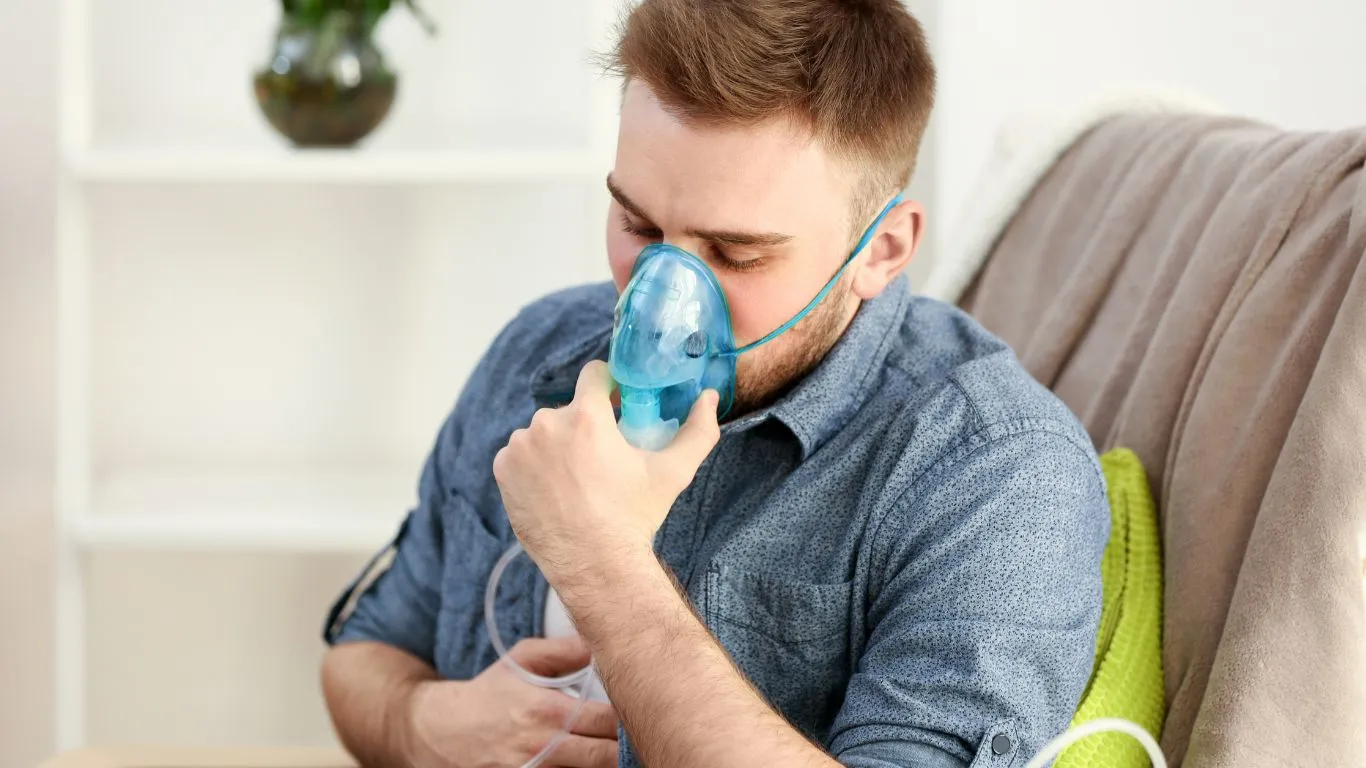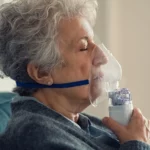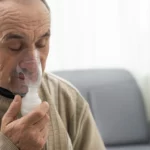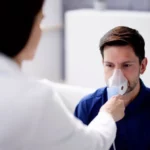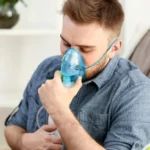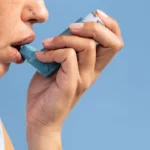Asthma Symptoms After Physical Activity: What You Need to Know
Ever wondered why your asthma seems to act up after hitting the gym or even just after a walk? Yeah, that’s a real thing, and it’s known as exercise-induced asthma (EIA). It’s more common than you think, and while it can feel super frustrating, knowing what’s going on and how to manage it can make a big difference. Let’s dive into what you might be experiencing and how to get ahead of it.
What is Exercise-Induced Asthma?
When you have asthma, your airways are pretty sensitive to various triggers—pollen, dust, even weather changes. But when you work out, your body needs more oxygen, and that can sometimes trigger your asthma symptoms. Basically, exercise puts a strain on your lungs, and if your asthma isn’t well controlled, it could lead to symptoms like shortness of breath, wheezing, chest tightness, or coughing right after physical activity. 
Why Does Exercise Trigger Asthma?
Exercise tends to trigger asthma symptoms for a couple of reasons. First off, when you’re working out, your body is trying to take in a lot of oxygen. If the air you’re breathing in is dry or cold, it can irritate your airways and cause them to narrow. This is super common in things like running, cycling, or even playing sports in cooler weather. Another thing is that intense exercise can sometimes overwhelm your body’s ability to manage the usual irritants in the air. If your asthma isn’t under control, these irritants can mess with your breathing and trigger symptoms.
Symptoms to Look Out For After Exercise
You might notice one or more of these symptoms after you finish a workout:
- Shortness of Breath – This is the big one. If you feel like you just can’t catch your breath after exercise, it’s a sign your airways are reacting.
- Wheezing – That high-pitched whistling sound when you breathe can happen when your airways tighten up.
- Coughing – It’s not uncommon to find yourself coughing a lot after physical activity, especially if your asthma isn’t under control.
- Chest Tightness – A feeling like your chest is constricted can happen too, especially if you’re pushing your limits with exercise.
How to Manage Asthma During and After Exercise
Okay, so now that you know what’s happening, let’s talk about managing your asthma symptoms so you can still enjoy being active without worrying about your breathing.
1. Keep Your Asthma Medication Handy
Make sure you have your inhaler or other prescribed medications with you during physical activity. If you know you’re about to work out, it can help to take a dose beforehand (check with your doctor about the best timing). This can help prevent symptoms from popping up during your exercise.
2. Warm Up and Cool Down Properly
Warming up gradually can help ease your body into the workout and prevent any sudden shocks to your system that might trigger your asthma. A slow cool-down after exercise is equally important—it helps your body adjust and reduces the chances of symptoms flaring up. 
3. Choose the Right Environment
If you live somewhere where the air is dry, or if it’s cold out, these can be triggers. Try to work out indoors where the air is more controlled, especially during colder months. If you’re outdoors, a scarf or mask over your nose and mouth can help warm up the air before it hits your lungs.
4. Avoid High-Intensity Workouts
If you find that certain types of exercise really ramp up your asthma symptoms, try switching to lower-intensity workouts. Swimming, for example, is great for people with asthma because the warm, humid air can be less irritating than cold, dry air. Yoga or walking are also great options.
5. Track Your Symptoms
Keeping track of when your asthma acts up can be really helpful. Note what type of exercise you were doing, the environment (was it cold or dry?), and how you felt. Over time, this can help you pinpoint patterns and better manage your asthma symptoms.
6. Stay Hydrated
Drink plenty of water before, during, and after your workout. Staying hydrated helps keep your airways moist and can make it easier to breathe.
When Should You See a Doctor?
If your asthma symptoms are consistently triggered by exercise, it’s a good idea to chat with your doctor. They may adjust your asthma treatment plan, prescribe a different inhaler, or even help you with an action plan to follow when symptoms flare up.
Can Asthma Ever Go Away?
Unfortunately, asthma doesn’t just disappear. But with the right treatment and by understanding your triggers, you can manage it like a pro and keep it from holding you back during physical activity. 
Conclusion
So, yes—you can totally exercise with asthma! Just stick to softer exercises, avoid triggers, and use your inhaler as needed. With the right management, you can stay active without letting asthma stop you from reaching your fitness goals.
Appendices
References
For more info on asthma and exercise, check out these resources:
- American Lung Association. (2024). Exercise and Asthma: What You Should Know. Read Article
- National Asthma Education and Prevention Program. (2023). Managing Asthma During Exercise. Read Article
- Asthma and Allergy Foundation of America. (2024). Exercise-Induced Asthma: Causes and Management. Read Article
FAQs
Here are some frequently asked questions about asthma and physical activity:
- Can exercise make my asthma worse? Exercise can trigger asthma symptoms, especially if your asthma isn’t well-controlled. But with the right treatment, most people with asthma can still exercise safely.
- Is swimming a good workout for people with asthma? Yes! Swimming is a great exercise for people with asthma because the warm, moist air in indoor pools is less likely to trigger asthma symptoms.
- Can I work out if I have asthma? Absolutely! Most people with asthma can work out just fine, as long as they manage their symptoms with medication and a proper warm-up and cool-down routine.
- What types of exercise should I avoid with asthma? High-intensity, outdoor activities in cold or dry weather can be more likely to trigger asthma. It’s best to avoid activities like running in cold weather unless you take precautions.
- How can I tell if my asthma is triggered by exercise? If you notice wheezing, coughing, shortness of breath, or chest tightness after working out, these could be signs that exercise is triggering your asthma.
Disclaimer
The information provided in this article is for educational purposes only and should not be considered as medical advice. Always consult with your healthcare provider for personalized guidance on managing asthma symptoms, especially during physical activity. Disclaimer: The content is intended for informational purposes only and does not substitute for professional medical advice. Always consult your physician or healthcare provider for personalized care and treatment.

Bianca Nala is a skilled writer with a deep focus on respiratory disorders. Her articles on Healthusias.com reflect her expertise, providing readers with reliable and engaging insights into respiratory health.
